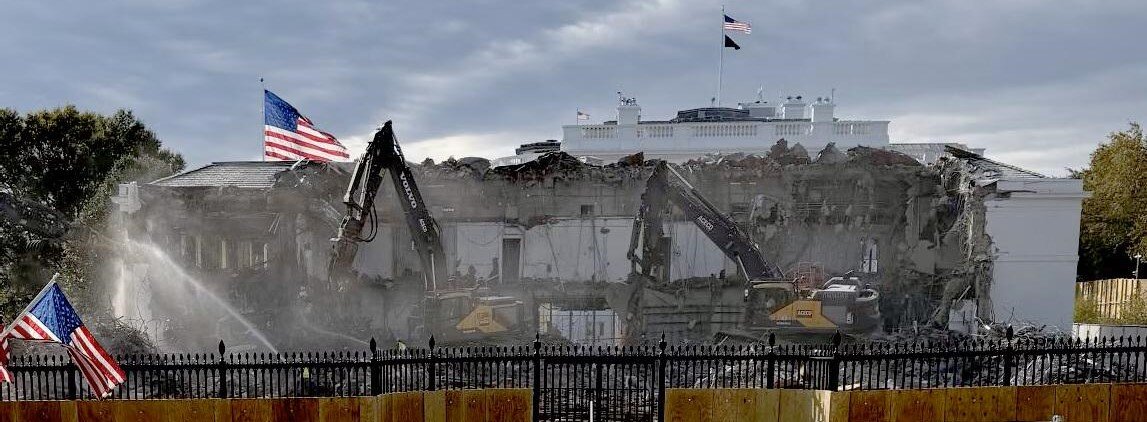
Everything posted by bolverk
-
Pop Tarts Bowl - BYU vs GT
I think the announcers are still stuck on their dad joke about King being a dictator/monarch from that earlier graphic.
-
Pop Tarts Bowl - BYU vs GT
BYU kick returner done fucked up. GT ball at the five.
-
Pop Tarts Bowl - BYU vs GT
Well, they both are cults.
-
The movie you just watched
Cool. Never heard of it, but will add it to the list. I see it's available on Tubi.
-
Pop Tarts Bowl - BYU vs GT
Imagine the septic tank smell after 344 days of piss, poop, and barf in that floating chamber pot.
-
Pop Tarts Bowl - BYU vs GT
Is that Moses's ark when he came to convert the Indians in North America?
- 2025 Super Saturday Bowl Game Thread
-
Pop Tarts Bowl - BYU vs GT
Nice goal-line stand by the Yellowjackets.
-
Pop Tarts Bowl - BYU vs GT
- New Site Software / Theme
So, is this for giving someone an eternal thumbs-down as an extra big fuck you? Like, a "scarlet thumb," if you will, that trolls have to carry around in shame forever and ever? Would this also be how you leave a comment?- Stepdad kills wife, shoots stepdaughter after argument over MNF
I see you've never visited the NFL fans gone goon thread. This totally checks out.- 2025 Super Saturday Bowl Game Thread
- Wordle [spoilers inevitable but discouraged]
Late start Wordle 1,652 4/6 ⬛⬛🟨🟨⬛ 🟨🟨⬛⬛🟨 🟨🟩🟨⬛⬛ 🟩🟩🟩🟩🟩 Connections Puzzle #930 🟨🟨🟨🟨 🟩🟩🟩🟩 🟦🟦🟦🟦 🟪🟪🟪🟪 🙂 Daily Quordle 1433 6️⃣7️⃣ 5️⃣9️⃣ m-w.com/games/quordle/- The movie you just watched
Watched Zulu the other night for the first time since I was in middle school (early 80s). It's funny; I always thought John Cleese was in it because there's a dude named Stanley Baker playing some sergeant who looks like him in a pith helmet. It makes sense that I'd confused the two back then, because it around that time I was introduced to Monty Python and Faulty Towers. Anyway, great late night movie despite the terrible acting. Stanley Baker: Deep thoughts by bolverk's inner idiot kid.- New Site Software / Theme
Yeah, maybe I should've said "concern" rather than "complaint" -- didn't mean to sound like a dick. I was just confused. Apologies.- 2025 First Responders Bowl - UTSA vs. FIU
Rare Pick 2. FIU QB was intercepted on a 2-pt conversion. Returned all the way by UTSA defender for 2 points.- New Site Software / Theme
Not sure what this complaint is. Are you saying you can't quote a post and reply?- New Site Software / Theme
Weird thing just happened when I was checking the new layout on my phone. I was navigating around through different topics and when I went to a new one, it looked like it logged me in as someone else with a black & white avatar. It may have been HR Schenker. None of the links worked and I couldn't navigate. It was like a static image. Closed the tab and opened a mew browser and was back into my account. Weird. No harm, no foul. But thought you should know, @immamac- New Site Software / Theme
A couple more comments: I'm not seeing that posts are numbered anymore. Is that just a fluid dark mode thing? Also, I like how comments by ignored users are much more inconspicuous. Overall, it looks great.- 2025 First Responders Bowl - UTSA vs. FIU
Got one of these guys living on my street. Hilarious to watch him.- New Site Software / Theme
I just can't do white screens anymore. Kills my eyes.- New Site Software / Theme
- New Site Software / Theme
For the most part, yes, but one minor, low-priority quibble is the giant white "Latest News" column to the right in dark mode. Kinda distracting.- New Site Software / Theme
@immamac It looks like threads do that new comments autoload thing that you tried out 3-4 years ago. I guess it’s okay, but for really fast-moving threads, it could be problematic.- 2025 Rate Bowl - Minnesota vs. New Mexico
They oughta go ahead and make it official and add the turquoise. It's an all-around better look than their typical generic unis. And they need to do something about that awful lobo logo -- it's terrible. I'm not necessarily saying they should permanently replace the lobo with the Zia sun, but the existing logo looks turrible on the teevee: too busy and the lobo is too small to make out. - New Site Software / Theme
Football ...
Basketball ...
Baseball ...
Other Sports ...
Futbol ...
🤫995🤫 ...
Gambling ...
Movies & TV ...
Music ...
Hobbies ...
Lulz ...
Food & Travel
...
Daily Texan ...
Business & Markets ...
Cloak Room ...
Help ...
For Sale ...
Board Discussion ...
Advertise...
Tailgate Donations
Back to top







